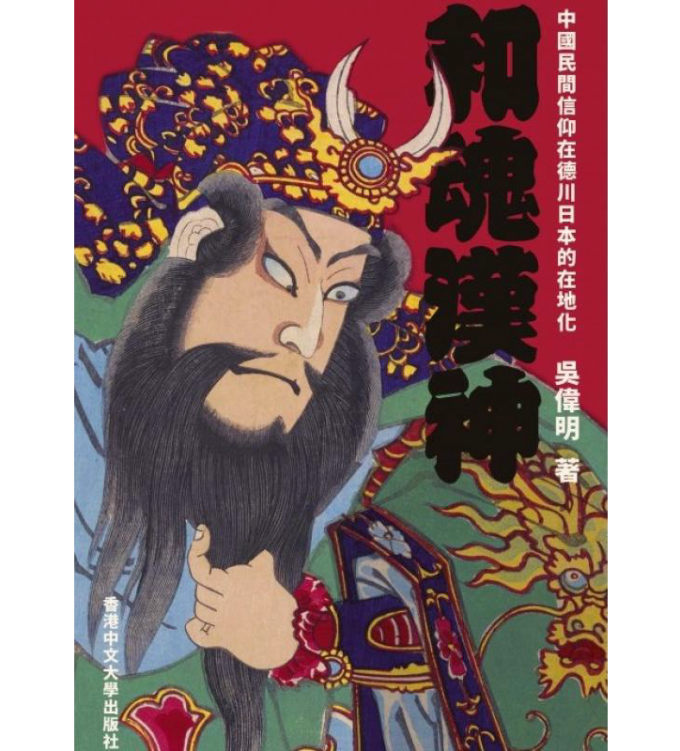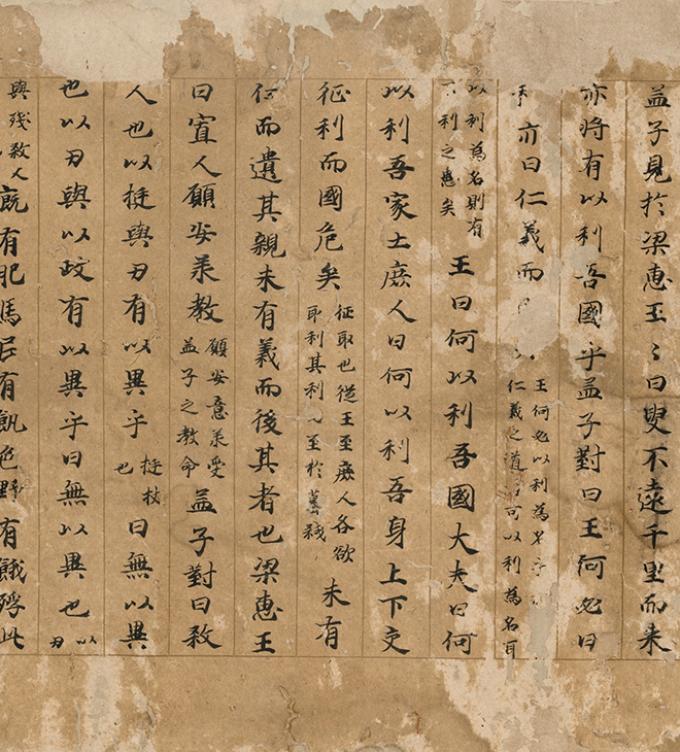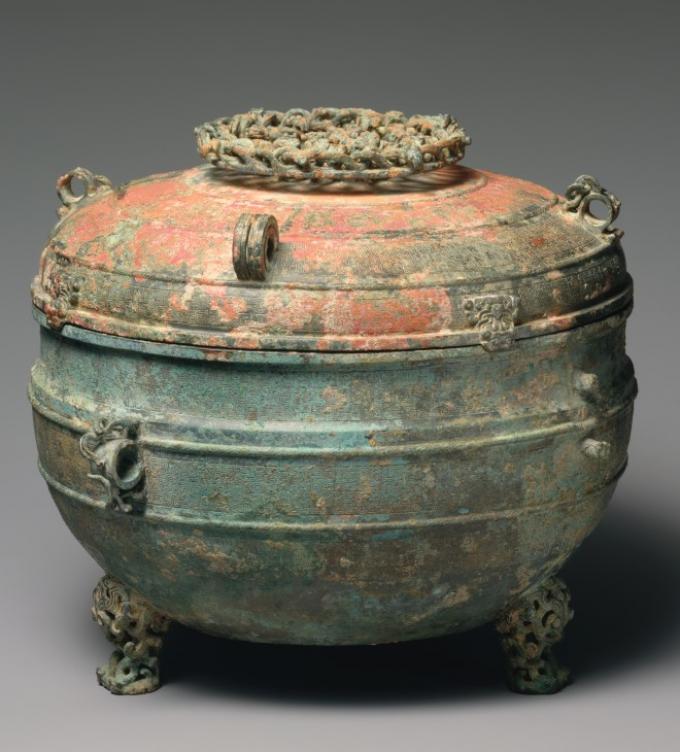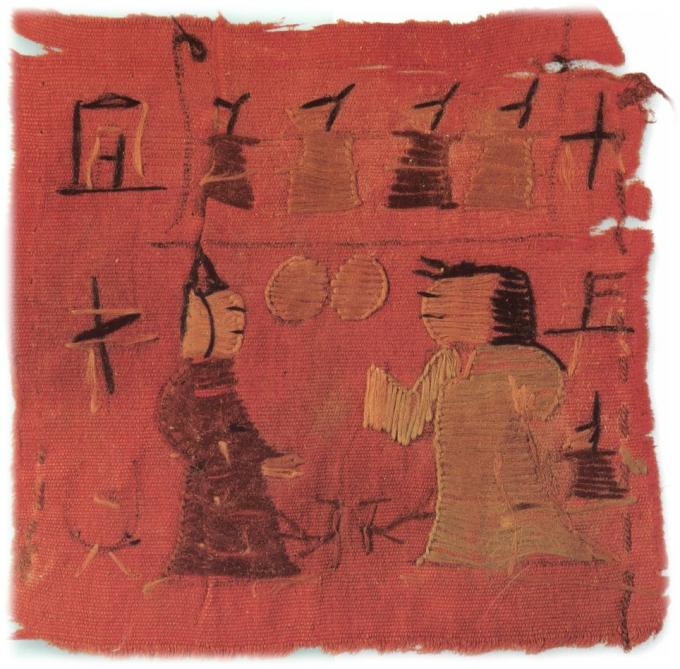This project examines Japan’s changing corporate structure and work practices and analyzes the “culture of overwork” by shedding light on the physical/psychological repercussions of long working hours on employees. Japanese employees have been known for their strong work commitment, and work-life balance has long been a challenge. This culture of long working hours was part of the postwar social contract of employment whereby employees received employment security and livelihood wages that protected workers and their families. While issues of overtime are nothing new, there is increasing awareness of workplace hazards and harassment as socioeconomic ills, including exploitative work practices by so-called "black enterprises”, “in-house unemployment,” as well as rising cases of “death from overwork.” These issues have raised public consciousness about working hours as well as workers’ well-being. Despite Prime Minister Abe’s “working-style revolution” to revitalize the workplace, in reality Japan’s overwork culture has changed little. Thus, this timely study explores how the previously-valued postwar practice of working long hours has transformed into a post-bubble “pathology of overwork,” and how employees are wrestling with these issues.
The Faculty of Arts is pleased to announce the results of the Research Grants Council’s General Research Fund (GRF) and Early Career Scheme (ECS) for 2021-22.

The GRF aims to supplement the eight UGC-funded universities’ own research support to researchers who have achieved or have the potential to achieve research excellence, while the ECS is intended to nurture junior academics and to prepare them for a career in education and research.
This year, a total of HK$ 9.5 million is awarded to 23 projects under the Faculty of Arts. Besides the 16 GRF projects from various disciplines, the Faculty is pleased to note a record breaking 80% success rate in our ECS applications, which reflects the remarkable academic and research potentials of junior colleagues. Professor Gladys Tang, Associate Dean of Arts (Research), congratulated all awardees for their success in grant application. She looks forward to hearing about the fascinating research outcomes. As she says, “Research enables the pushing of frontiers of knowledge, with new findings to advance our understanding of arts and humanities, and ultimately to benefit society.”
Professor Ron Darvin from the Department of English is the principal investigator of one of the 23 funded projects. He received an ECS award for his project titled Language and e-learning: Investigating the digital literacies of Hong Kong youth with unequal access to resources. The process of conceptualizing and designing the project shows, commented Professor Darvin, “getting a grant like the ECS is not just about the originality of a single idea, but also the power of collective insight, the generosity of others, and the support and encouragement of the CUHK community.”
The Faculty pledges to continue facilitating the development of individual and collaborative research projects as well as programmes in order to extend their broad impact beyond academia.

















